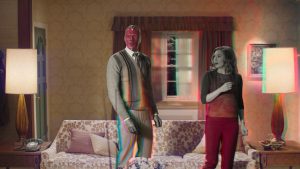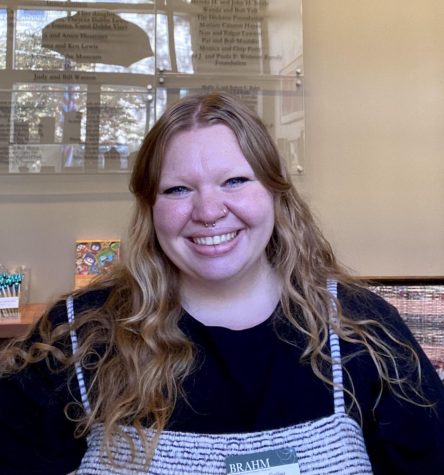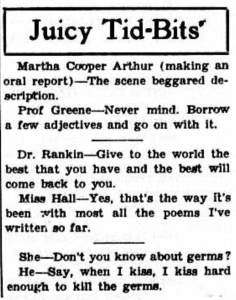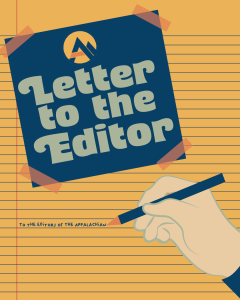On Record: “Little Oblivions” review
Released as a single, “Faith Healer” is one of the most popular songs on Julien Baker’s new album “Little Oblivions.” The song provides a deep dive into the psychological parallels between addictive substances killing you while simultaneously craving it, Baker said in a statement.
March 3, 2021
Julien Baker has returned with the release of her long-awaited third studio album.
The 25-year-old singer-songwriter released “Little Oblivions” Feb. 26, four years after her last solo album release.
“Little Oblivions” is a profound and honest record. All 12 tracks are engulfed in confessions. The album touches on addiction, mental illness, insecurity and religion.
Baker released her first album, “Sprained Ankle,” in 2015, and her sophomore album “Turn Out the Lights” in 2017. The singer also collaborated with fellow artists Phoebe Bridgers and Lucy Dacus in 2018 on the successful EP “boygenius.”
Baker began releasing singles for “Little Oblivions” back in December of 2020. The singles, “Faith Healer,” “Hardline,” “Favor” and “Heatwave,” are all perfect excerpts representative of the comprehensive record.
The record runs 42 minutes long, and every minute is worth listening to. Baker opens up more and more on each song throughout the record, providing an intimate and memorable listening experience.
The instrumentals are powerful, but many of the elements are similar track to track. Despite the similarities, Baker’s unique vocals and outstanding songwriting are what truly stand out from “Little Oblivions.”
Baker begins the record with the self-confessional track “Hardline,” singing about insecurity and touching on the seemingly inescapable circle of addiction. The instrumental builds up into a guitar and drum-heavy track, and many of the rest of the tracks on the record follow this structure.
Baker’s raw and intimate vocals pair incredibly well with the clashing of drums and amplified strumming of guitars, beautifully displaying the heavy and emotional lyrics of the record.
In “Ringside,” Baker opens up about feeling embarrassed by habits and emotions that are out of her control. Baker has a few tics that come with anxiety and obsessive-compulsive disorder, she said in an interview with Apple Music, one of them being punching herself in the head. She references the tic with the opening lyrics, “Beat myself until I’m bloody.” The track captures the fears and doubts of many who struggle with mental illness, like being embarrassed by their struggles and not wanting to drag others down with them.
Baker takes a calmer, slower change of pace on tracks “Crying Wolf” and “Song in E.” Singing about some of the challenges that come with sobriety on “Crying Wolf,” the track is simply composed of Baker’s vocals layered with light harmonies, airy sounds echoed from a hazy guitar and a gentle but powerful piano accompaniment.
“Song in E” is the most instrumentally bare track of the record. Slowing down with a soft piano accompaniment, Baker sings about wanting to have someone to blame instead of herself for the pain she is going through and about not wanting to appear weak. This is one of the best examples of Baker’s voice on the record. With little instrumentals, you can hear how unique her voice is: it’s raw and entrancing.
“Little Oblivions” is Baker’s most outstanding work yet. Lyrically it’s incredibly impactful, as she opens up about her deepest insecurities and struggles. Instrumentally, it’s beautifully composed and carefully crafted. “Little Oblivions” stands out strongly for its honesty and raw display of emotions, making it an incredibly memorable piece.


















